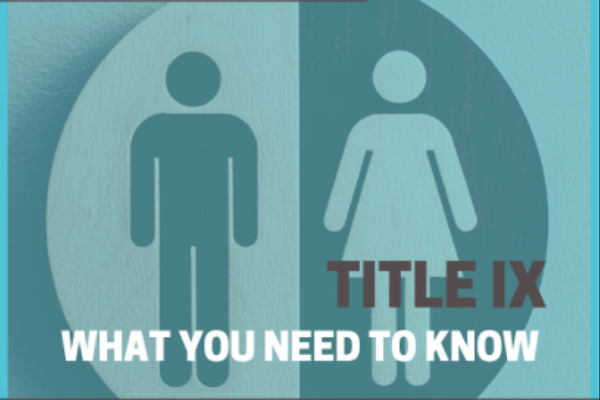I remember sitting with a mentor the fall of my freshman year discussing the Brett Kavanaugh investigation and public opinion. Both of us find comfort and truth in examining every side of a controversy, judging what the individuals involved may consider that we had not. By processing uncomfortable feelings in this case, we were able to address the heart of the matter. In this discussion, I faced a difficult question that passes through many minds but is oftentimes left unsaid: how can we know that it really happened to her?
I suspect many of you are surprised or even appalled that I would ask this question. Unfortunately for victims of domestic violence, barriers to reporting domestic violence and the emotional toll mean that solid cases are the exception, not the rule. To begin to give victims more confidence and comfort in the reporting and trial processes, we must start by confronting this reality. Otherwise, society’s skepticism will force victims to grapple with the additional layers of fear that come with not being believed or understood.
We must put faith in the information that we do have and be willing to do our due diligence in addressing these issues — especially in cases involving ourselves and our friends and families. On that note, I encourage you to attend the two remaining CLPs in the Violence Against Women CLP Series sponsored by the Politics and International Affairs Department and cosponsored by the Women’s, Gender, & Sexuality Studies Department, Furman Mock Trial, and International Justice Forum. On November 4th at 5:00 in Johns 101, Furman Politics Professor Liz Smith and Title IX Coordinator Melissa Nichols will speak on Title IX’s history, use, and application to Furman. Through understanding the context that shaped this legislation, as well as its different interpretations, students can become more informed in both their private and public lives.
The final CLP in the series will take place on November 10 with activist Jackson Katz, who has worked to implement violence prevention programs in athletics and in the military. I hope that you will have the conviction to address your fear by asking the questions that remain in your mind. If you leave these questions unaddressed in your life, if we let this fear rule our reason, we are left without knowledge, perspective, and understanding as citizens. I urge you to attend these CLPs and do your due diligence so we can ease the widespread fear victims continue to have and give them faith that the system can and will act for them — not against them.
